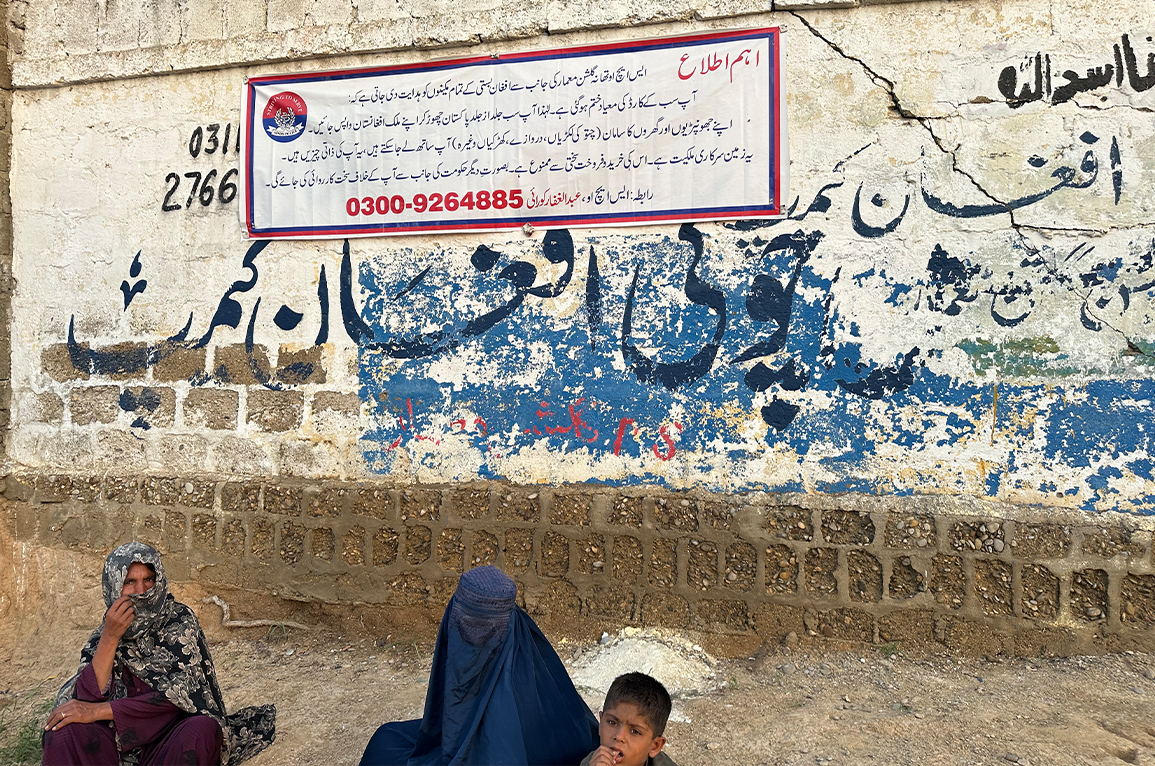ISLAMABAD: PakistanтАЩs government has the capacity to generate an annual revenue of $30-40 billion via tourism through its diverse landscape and various offerings, the Prime MinisterтАЩs Coordinator for Tourism Sardar Yasir Ilyas said on Sunday.┬а
Pakistan is home to some of the tallest mountains in the world, picturesque valleys, historical monuments built by ancient civilizations and religious sites that attract thousands of tourists every year.┬а
However, surging militancy and poor infrastructure have hampered IslamabadтАЩs attempts to tap into its tourism potential and generate revenue enough to boost its economy.┬а
In an exclusive interview with the state-run Associated Press of Pakistan (APP), Ilyas said Pakistan will host its first international тАЬTourism Road ExpoтАЭ in November to showcase the countryтАЩs local attractions, traditional cuisine and cultural diversity.┬а
тАЬPrime MinisterтАЩs Coordinator for Tourism, Sardar Yasir Ilyas has said that Pakistan, with its natural beauty, historic monuments, rare cultural heritage, ancient festivals, and diverse religious sites, is a paradise for travelers and has the capacity to generate $30тАУ40 billion annually through tourism,тАЭ APP reported.┬а
He said the Tourism Road Expo will feature cooking competitions with international chefs, adding that similar expos were planned for London, Tajikistan, Uzbekistan and ┬▄└Ґ╩╙╞╡.┬а
Ilyas said tourism had long been neglected in Pakistan, especially after the 18th constitutional amendment, which granted autonomy to provinces on matters such as education, health, tourism and others.┬а
тАЬTo ensure national-level coordination, the government is reviving and restructuring the National Tourism Coordination Board,тАЭ APP said.┬а
Speaking about the governmentтАЩs measures to attract investment, Ilyas revealed that тАЬunused government propertiesтАЭ will be leased to local and foreign investors for 50тАУ60 years. This would be done to establish modern tourist facilities.┬а
He said digital e-portals are being developed to provide tourists with details of destinations, hotel bookings, weather updates and travel guidance.
However, the official cautioned that deforestation and climate change are major threats to tourism.┬а
тАЬLarge-scale plantation drives and removal of encroachments along rivers and lakes are necessary to preserve our environment and protect tourism,тАЭ the official stressed.┬а
On religious tourism, Ilyas said Pakistan is committed to providing more facilities for Sikh pilgrims, while gurdwaras and Buddhist heritage sites will be restored and handed over to the respective communities for their care and upkeep.
He regretted that Pakistan had never marketed its tourism potential effectively, pointing out that Central Asian states such as Uzbekistan, Kazakhstan and Azerbaijan attract millions of visitors annually despite offering less diversity.┬а
тАЬPakistan, with its four seasons and greater geographical variety, has far more to offer,тАЭ he said.



















